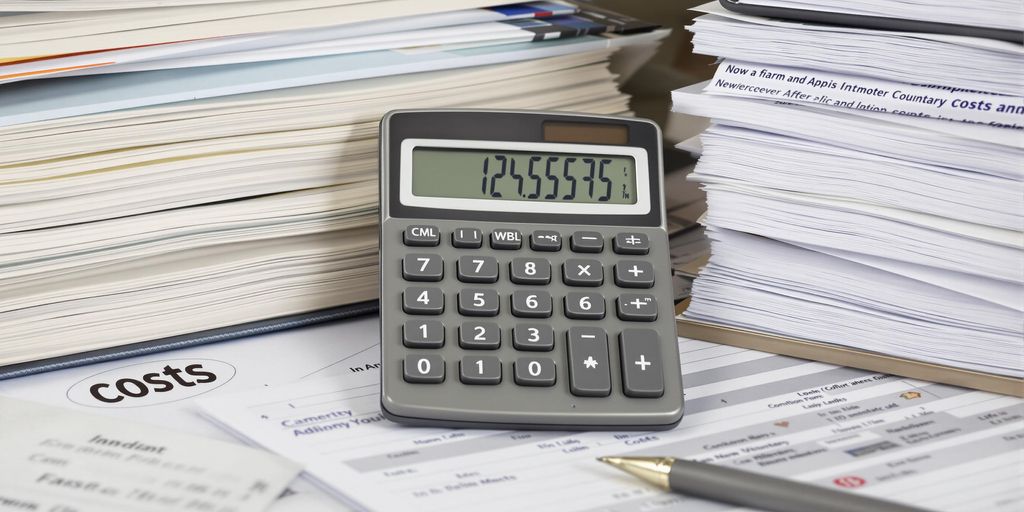Trying to figure out how much a bookkeeper costs can feel like a puzzle, especially for small business owners juggling a million other things. Whether you’re just starting out or looking to upgrade your financial management, understanding what goes into bookkeeping costs is key. Let’s break it all down so you know what to expect and how to make the best choice for your business.
Key Takeaways
- Bookkeepers typically charge either hourly rates or flat fees, with costs varying based on experience, location, and the complexity of your needs.
- DIY bookkeeping might save money upfront but can lead to costly errors if you’re not confident in managing financial records.
- Hidden expenses like software subscriptions, payroll services, and consultation fees can add up quickly, so budget accordingly.
Breaking Down Bookkeeping Costs for Small Businesses

Hourly Rates vs. Flat Fees: What Works for You?
When it comes to paying a bookkeeper, you’ve got two main options: hourly rates or flat monthly fees. Hourly rates are like hiring a plumber—you pay for the time spent fixing your financial "leaks." Rates can range from $20 to $80 per hour, depending on the bookkeeper’s experience and your location. On the other hand, flat fees give you predictable costs. These typically start at $200 per month for basic services and can climb to $2,500+ for comprehensive packages. Flat fees are great if you hate surprises—like discovering your favorite coffee shop stopped serving oat milk.
| Pricing Model | Cost Range | Best For |
|---|---|---|
| Hourly Rates | $20 – $80/hour | Small or irregular bookkeeping needs |
| Flat Fees | $200 – $2,500+/month | Consistent, ongoing bookkeeping tasks |
The Role of Transaction Volume in Pricing
Here’s the deal: the more transactions your business has, the more work your bookkeeper has to do. If you’re running a cozy coffee shop with a handful of daily sales, your costs will likely be on the lower end. But if you’re managing an online store with hundreds of transactions flying in daily, expect to pay more. Think of it like laundry—the more clothes you pile up, the longer it takes to fold. Keep in mind, high-volume businesses often need advanced bookkeeping services, which can add to the cost.
How Industry-Specific Needs Impact Costs
Not all bookkeeping is created equal. Some industries, like law firms or e-commerce businesses, have unique needs that require specialized expertise. For example, tracking billable hours for lawyers or managing inventory for an online store can bump up the price. It’s like ordering a custom pizza—more toppings (or in this case, complexity) means a higher bill. If your business has specific requirements, make sure to discuss them upfront to avoid "hidden charges" later.
DIY vs. Professional Bookkeeping: Making the Right Choice

The True Cost of Doing It Yourself
So, you’re thinking about tackling bookkeeping on your own? It’s tempting, especially when your budget is tighter than your jeans after the holidays. DIY bookkeeping can save you some cash upfront, but let’s be real—time is money, too. Here’s the deal:
Pros:
- No extra costs beyond software (think QuickBooks or even trusty Excel).
- You’re in complete control of your finances.
- Great for businesses with just a handful of transactions each month.
Cons:
- It’s a time-suck. You’ll spend hours categorizing transactions instead of growing your business.
- Mistakes can cost you big time—hello, IRS penalties.
- No one’s there to point out tax deductions you didn’t even know existed.
If your business is simple, like selling handmade candles online, DIY might work. But if you’re juggling payroll, inventory, and taxes, be prepared to feel like you’re drowning in spreadsheets.
When to Call in the Pros
Hiring a professional bookkeeper is like having a financial bodyguard—they’ve got your back. Sure, it’s an investment, but it can save you from costly errors and sleepless nights.
When you should consider hiring a pro:
- You’re spending more time on bookkeeping than actually running your business.
- Your financials are getting more complicated (think multiple revenue streams or employees).
- Tax season gives you nightmares, and you’re not even sure what a deduction is anymore.
A pro can handle everything from reconciling accounts to preparing tax-ready books. Plus, they’ll make sure you’re compliant with all those boring, but important, regulations.
Balancing Budget and Expertise
Here’s the million-dollar question: How do you balance your budget with the need for expertise? Start by assessing your business’s complexity:
| Business Type | Recommended Approach |
|---|---|
| Simple (low transactions) | DIY or part-time freelancer |
| Moderate (some employees, inventory) | Professional bookkeeper |
| Complex (multiple locations, high volume) | Full-service bookkeeping firm |
If you’re not ready to splurge on a full-time bookkeeper, consider outsourcing to a freelancer or service that fits within your budget. Many small businesses start with DIY and transition to a pro as they grow. Remember, a little help now can save a lot of headaches later.
Hidden Costs of Bookkeeping You Should Know About
Software and Tools: The Silent Expense
You might think bookkeeping software is a one-and-done deal. Nope. Most of the big names like QuickBooks, Xero, or FreshBooks charge monthly fees ranging from $15 to $200. And that’s just the base price! Need extra features like payroll or advanced reporting? Get ready to shell out more. Plus, there’s always that sneaky learning curve—your time isn’t free, is it? Investing in the right tools can save you headaches, but it’s definitely not cheap.
| Software | Cost per Month | Features Included |
|---|---|---|
| QuickBooks | $30 – $200 | Basic bookkeeping, payroll add-ons |
| Xero | $15 – $70 | Invoicing, expense tracking |
| FreshBooks | $20 – $50 | Client management, billing |
Payroll and Tax Filing Add-Ons
Here’s the kicker: bookkeeping services often don’t include payroll or tax filing unless you explicitly ask for it. Tack on payroll processing for $30 to $200 per month, plus $4-$10 per employee. Tax filing? That’s another $200 to $2,500 annually depending on complexity. Oh, and don’t forget sales tax filings—they can run you an extra $50 to $300 per period. It’s like ordering a burger and realizing fries and a drink cost extra.
- Payroll Processing: $30–$200/month + $4–$10 per employee
- Tax Filing Services: $200–$2,500/year
- Sales Tax Filing: $50–$300 per filing period
Consultation Fees and Unexpected Extras
Sometimes you just need a pro to step in. Maybe it’s for financial strategy or cleaning up a bookkeeping mess. These consultations can range from $100 to $500 per hour. And don’t forget the “oops” costs—like penalties for late tax filings or errors in your books. These can add up faster than you can say “audit.”
Bookkeeping is like an iceberg—you only see the tip of the costs until you’re deep in the water. Hidden fees and unexpected expenses can sink your budget if you’re not careful.
While opting for cheap services might seem tempting, remember the collapse of Bench? It’s a cautionary tale about the risks of cutting corners. Always weigh the true costs of bookkeeping services before committing. The collapse of Bench is a stark reminder of what happens when hidden costs catch up with you.
Wrapping It Up: The Real Cost of a Bookkeeper
So, there you have it—bookkeeping costs can range from "not too bad" to "yikes, that’s a lot!" depending on what your business needs. Whether you’re a DIY enthusiast armed with spreadsheets or someone ready to hand it all over to a pro, the key is finding what works for your budget and sanity. Remember, good bookkeeping isn’t just about crunching numbers; it’s about keeping your business running smoothly and avoiding those "oops" moments come tax season. So, choose wisely, and maybe treat your bookkeeper to a coffee now and then—they’re saving you more headaches than you know!
Frequently Asked Questions
How much do bookkeepers charge per hour?
Bookkeepers typically charge between $20 and $100 per hour. The exact rate depends on their experience, location, and the complexity of the work.
Is it better to hire a bookkeeper or use bookkeeping software?
It depends on your business needs. Bookkeeping software is cost-effective for simple tasks, but a professional bookkeeper is better for complex financial management and tax preparation.
What are the hidden costs of bookkeeping?
Hidden costs can include software subscriptions, payroll processing fees, tax filing add-ons, and consultation charges for specific financial advice.







